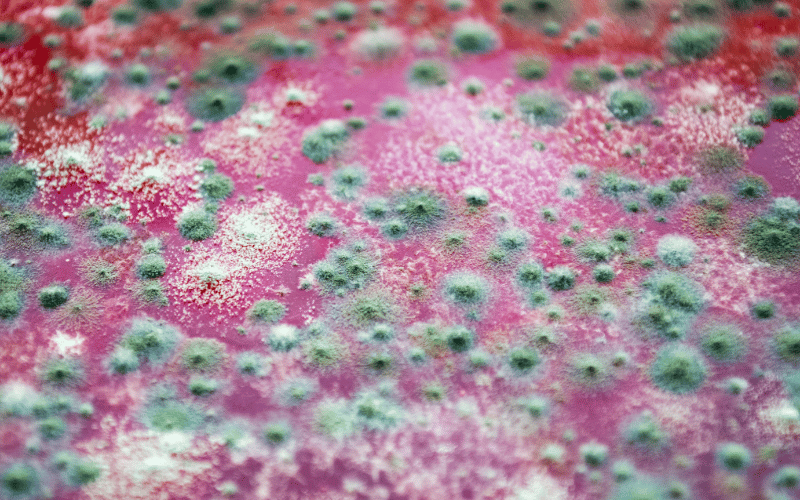Cause 3: Fungal Infections – A Less Common, Yet Significant Cause

Fungal infections, though less commonly discussed, play a significant role in the development of sinusitis, especially in individuals with compromised immune systems or specific allergies to fungi. These infections arise when fungi, present in the environment, invade the sinus tissues, leading to inflammation and sinusitis. The types of fungi involved can vary, with some being more common in certain geographical regions.
The symptoms of fungal sinusitis can range from mild to severe and often mimic those of bacterial or viral sinusitis. This similarity in symptoms can make diagnosis challenging. In some cases, fungal sinusitis can lead to more severe complications, especially in immunocompromised individuals, where the infection can spread beyond the sinuses.
Treatment for fungal sinusitis differs from bacterial and viral sinusitis. Antifungal medications are the cornerstone of therapy, and in some cases, surgical intervention may be required to remove fungal masses or address any anatomical issues contributing to the infection. Long-term management may involve ongoing antifungal therapy to prevent recurrence.
Diagnosis of fungal sinusitis often requires a combination of clinical examination, imaging studies, and laboratory tests, including cultures or biopsies of sinus tissue. Identifying the specific type of fungus is essential for selecting the appropriate antifungal treatment. This process underscores the importance of specialized medical evaluation in cases of suspected fungal sinusitis.
Preventive measures for fungal sinusitis include avoiding areas with high fungal counts, such as compost heaps or moldy environments. For those with a known allergy to specific fungi, allergy management and avoidance are key. Additionally, maintaining overall health and a robust immune system can help reduce the risk of developing fungal sinusitis. (3)